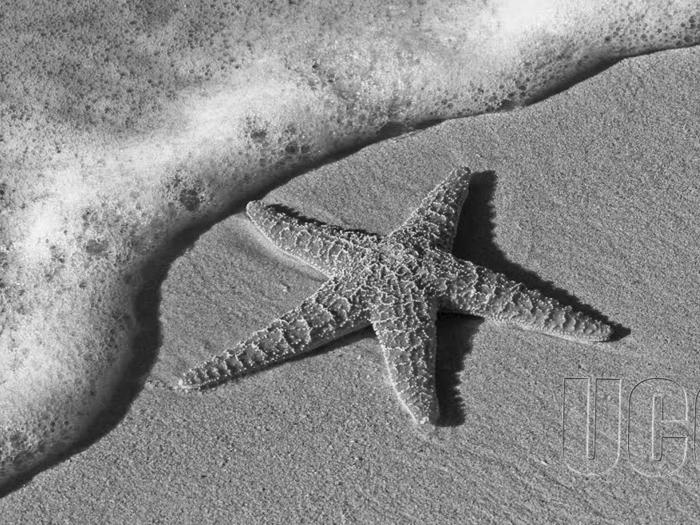A group of researchers from the College of Agriculture and Natural Sciences (CANS) have advocated the use of biochar in vegetable production. Biochar is a charcoal product that is produced from plant matter and stored in the soil. According to the researchers, biochar is widely known to improve water, reduce soil acidity and retain soil nutrients for plant and crop utilization. They made this known during a one-day Farmer Field Day held at the UCC Technology Village.

